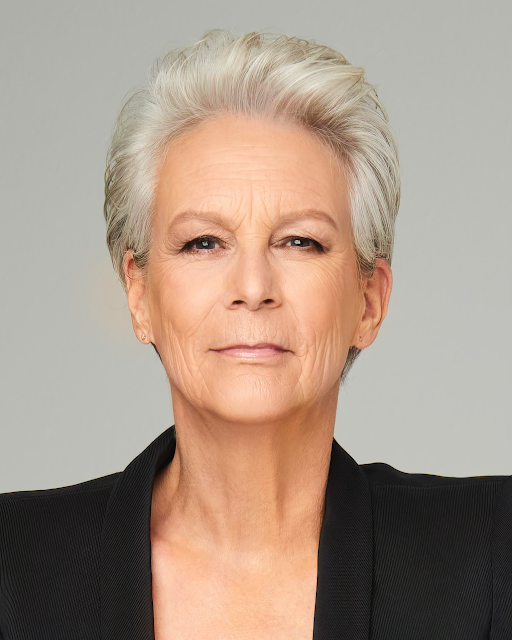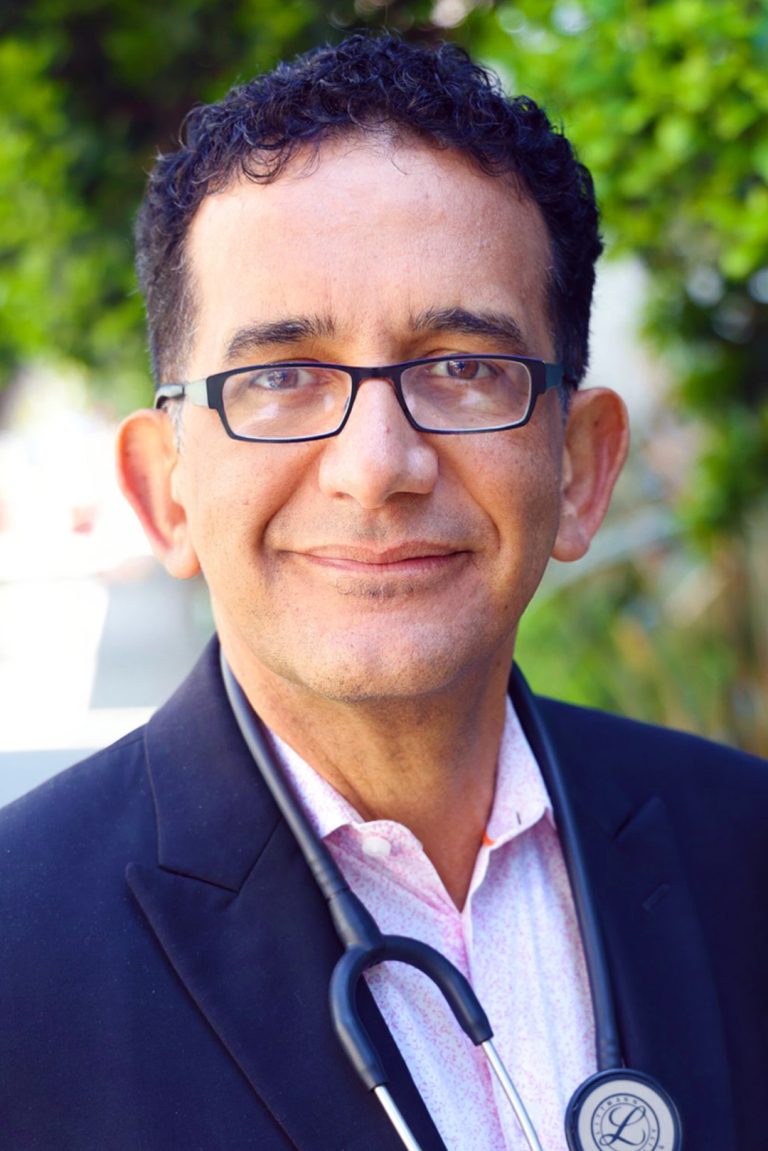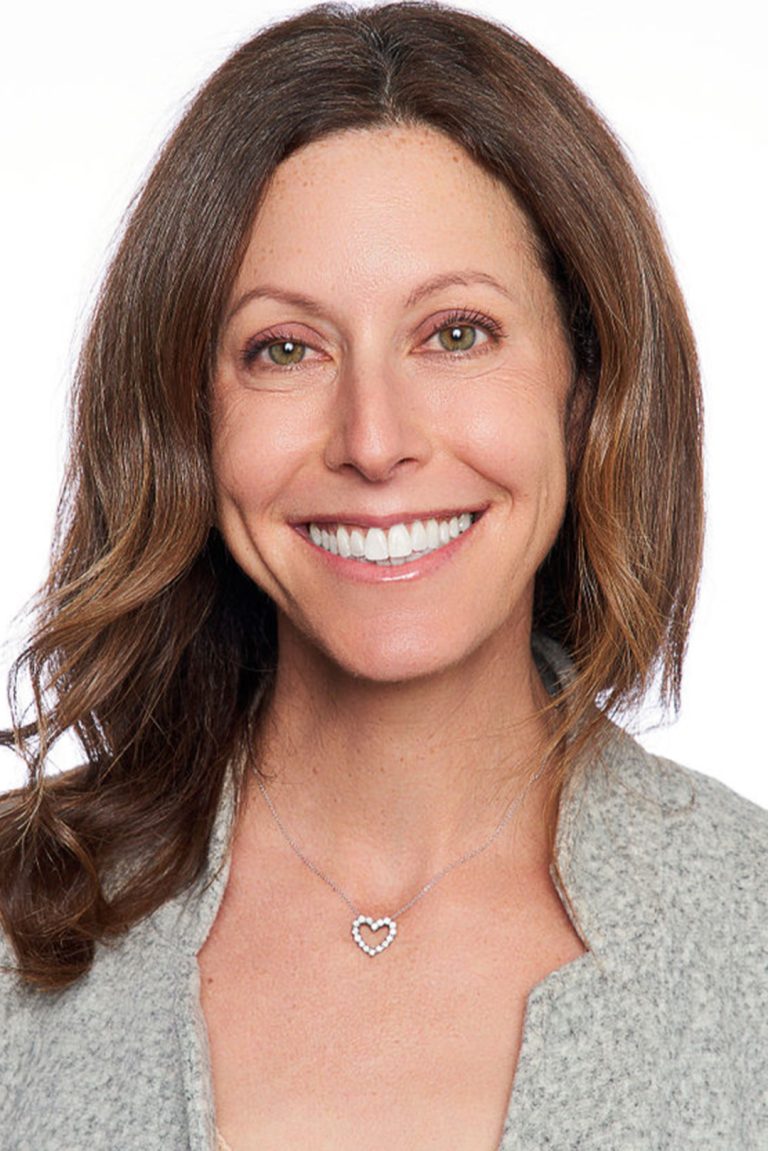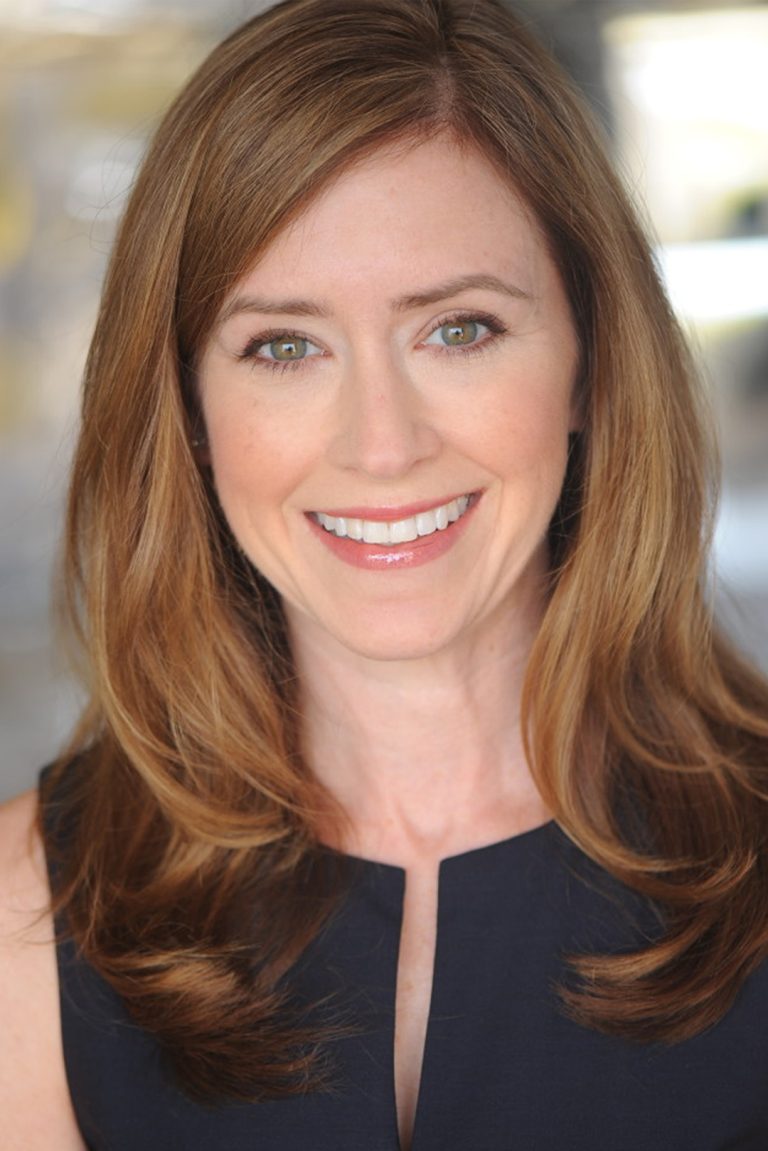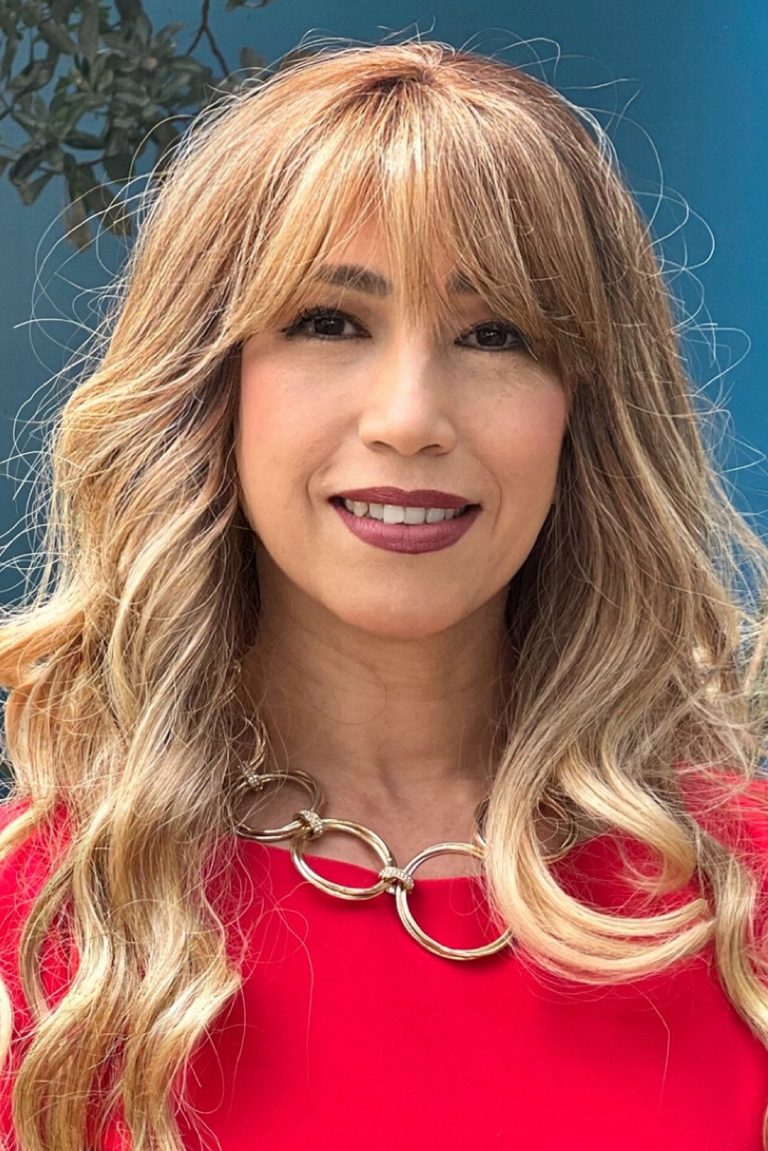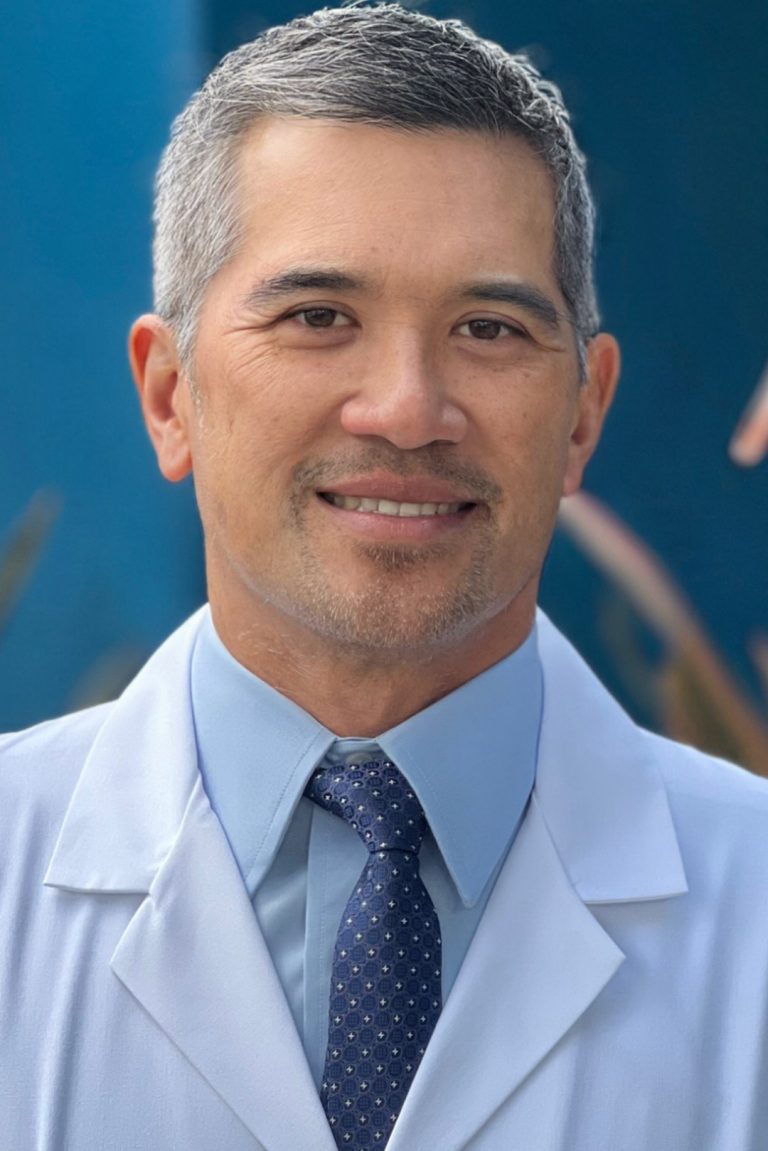When it comes to cancer screenings, few are as critical as the colonoscopy. For those aged 45 and up, this procedure isn’t just a routine check-up—it’s a potentially life-saving intervention. Dr. Bren Boston, MD, sheds light on why a colonoscopy is often considered the gold standard for detecting and preventing colon cancer.
Why is Colonoscopy So Important?
Colon cancer is a serious health concern, but it’s also one of the most preventable forms of cancer. The power of a colonoscopy lies in its ability to identify and remove pre-cancerous growths, known as polyps, before they have a chance to develop into cancer. This early intervention can dramatically reduce the risk of colon cancer, making the procedure an invaluable tool in cancer prevention.
Understanding the Procedure
A colonoscopy involves the insertion of a flexible tube with a camera into the rectum and through the colon. This allows the doctor to examine the inner lining of the colon for any abnormalities. If polyps or other suspicious areas are found, they can often be removed during the same procedure, minimizing the risk of future complications.
Alternatives to Colonoscopy
While colonoscopy is the gold standard, it’s understandable that some individuals may have concerns about the procedure. For those hesitant about a colonoscopy, there are alternative methods available, such as stool-based tests like Cologuard. These tests can provide initial screening results and indicate whether further investigation with a colonoscopy is necessary. However, they are not as comprehensive as a colonoscopy and may not detect all types of abnormalities.
When Should You Get Screened?
The general recommendation is to start colon cancer screening at age 45. However, the timing may vary depending on your family history and personal health conditions. It’s important to have a conversation with your primary care doctor to determine the best screening schedule for you.
Discussing Your Options
If you have concerns about colonoscopy or if you have a family history of colon cancer, discuss these with your healthcare provider. They can help you understand the benefits and address any fears you might have about the procedure.
Take Action
Screening for colon cancer is an essential step in maintaining your health. If you’re approaching age 45 or have been advised to get screened, don’t delay. A colonoscopy could be the key to preventing colon cancer and ensuring your continued well-being.
For more information on colon cancer screening and other health services, visit the Akasha Center’s resources:
- Schedule a 10-minute educational consult:
- Explore Akasha Naturals Supplements
- Learn about the Akasha Reset Program
- Health Blogs and Akasha Center Services
Stay proactive about your health and take the necessary steps to prevent colon cancer.




